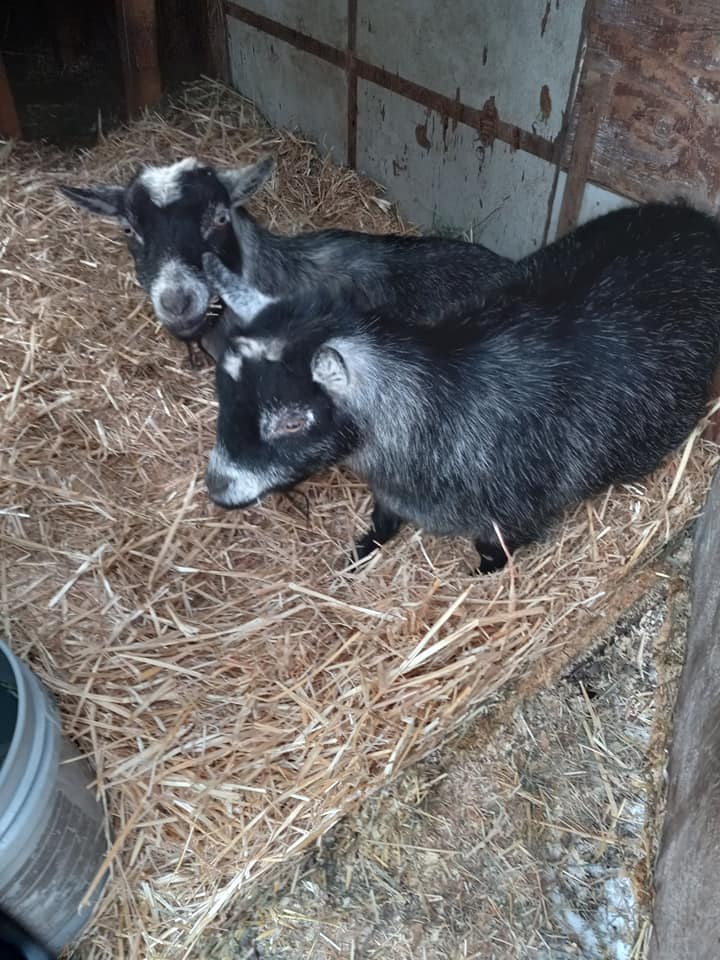I’ve read three more books this week: a children’s book that won an award (don’t understand why, so won’t mention the title) plus THE FOUR AGREEMENTS by Don Migel Ruiz and DON’T BELIEVE EVERYTHING YOU THINK, The Beginning and the End of Suffering by Joseph Nguyen. The two I’ve divulged the titles of have helped me stop overthinking, which is the cause of all (non-physical, inorganic) suffering.
I’m into Toltec teachings big time
Last month I read four books by the sons of the author of THE FOUR AGREEMENTS, all of which spoke to me in profound ways.
So I decided to pick up the book that preceded them, written by their father.
THE FOUR AGREEMENTS (IN ORDER) ARE…
Be impeccable with your word.
Don’t take anything personally.
Don’t make assumptions.
Always do your best.
Agreements two and three are where I spend time inordinate amounts of time overthinking, which causes suffering. They’re both ego-centric and super prone to error.
Which is not to say I’ve not made huge strides in both of them. I’m much better than I was even ten years ago.
On the don’t take things personally matter
As we age, we naturally get better at not taking things personally, I think. But here’s where I remain challenged in this area. Whenever I get less than a 5-star (perfect score) review from a reader of my books or from a writing client (which is almost as rare as hen’s teeth, I’m relieved and happy to report), I tend to take it personally.
Given a 4-star review (I have rarely received less than four stars; perhaps three in three decades!). I fret that I’ve failed somehow (including myself, because I always want to create 5-star stuff!). So, then I spend time reading the 5-star reviews for the same book, or the hundreds of five star reviews from clients, to help me get back on an even keel and decide, “Hey, I satisfy most of these people, so learn from the lesser stars whatever you can and then let it go, fer gosh sakes!” Notice it’s the overthinking (the beating myself up, and looking for proof from other readers and clients that I’m not a loser) that causes my suffering, not the rating itself!
On the don’t make assumptions matter
I have a hard time NOT assuming what people are thinking or doing. As an empath and someone who’s keenly aware of body language, I can frequently “hear”/see (via body language) or feel what someone else is thinking and feeling without them having to say a word.
But I will also mis-carry this innate ability to times they aren’t in front of me. That’s when assuming can go wildly off course (because there is no one to ask if I’m discerning incorrectly). When that happens, what I’m simply imagining (overthinking) causes me to suffer. I will think, “If they don’t do this, this is what will happen, and how it will affect me or others in their orbit…” and off I’ll go, overthinking until my imagination delivers some sort of catastrophic ending that the relationship simply cannot survive. So, then I’ll dwell on that to distraction, which causes further suffering!
The other book, DON’T BELIEVE EVERYTHING YOU THINK, has delivered me from the above two challenges!
The gist of this book is this: our brains are designed to initiate thoughts. And our brains evolved eons ago to keep us safe from environmental challenges: predators, weather, bad foods, poisonous creatures,etc. Our thoughts are automatic and survival-oriented. It is when we think about what our thoughts deliver that we can go off the rails. Our thoughts, in and of themselves, are just raw, unanalyzed data.
Example: A coiled rope lying in our path may register in our amygdala as a venomous snake during twilight
The survivalist mind inside us (also known as the reptilian brain, and the amygdala) will first register the coiled rope as a potentially catastrophic viper, until we think a little more and decide, “Oh, it’s just a rope!”
We’re wired to assume the worst first. So, if we aren’t careful to recognize our initial thought as raw, unanalyzed data, we can feel compelled to follow it down a rabbit hole filled with other potentially lethal obstacles and outcomes.
The rope can become a noose or it can become a way out of the well/hell we have fallen into!
It is being able to take a few moment between the intial thought and how to think about it that can help end our suffering.
Naturally, in a truly perilous instant, our instinct to react immediately is beneficial and survival-centric.
But most of what we tend to think about, and fall into tizzies over, has zip zilch nada to do with our actual, organic physical survival. Most of the things that incite us are ego wounds, misperceptions and assumptions, all of which cause us to suffer.
I get that now.
So, it has suddenly become easy to recognize, “OK, you’re overthinking. You’re not in immediate danger. Chill!”
It has given me a whole new lease on life! It has given me some breathing room to decide what’s do-able, and what’s important enough to be doing and thinking about without overthinking it.
It’s a real blessing.
If you struggle with these same challenges, I encourage you to pick up these two books, The Four Agreements and Don’t Believe Everything You Think.




